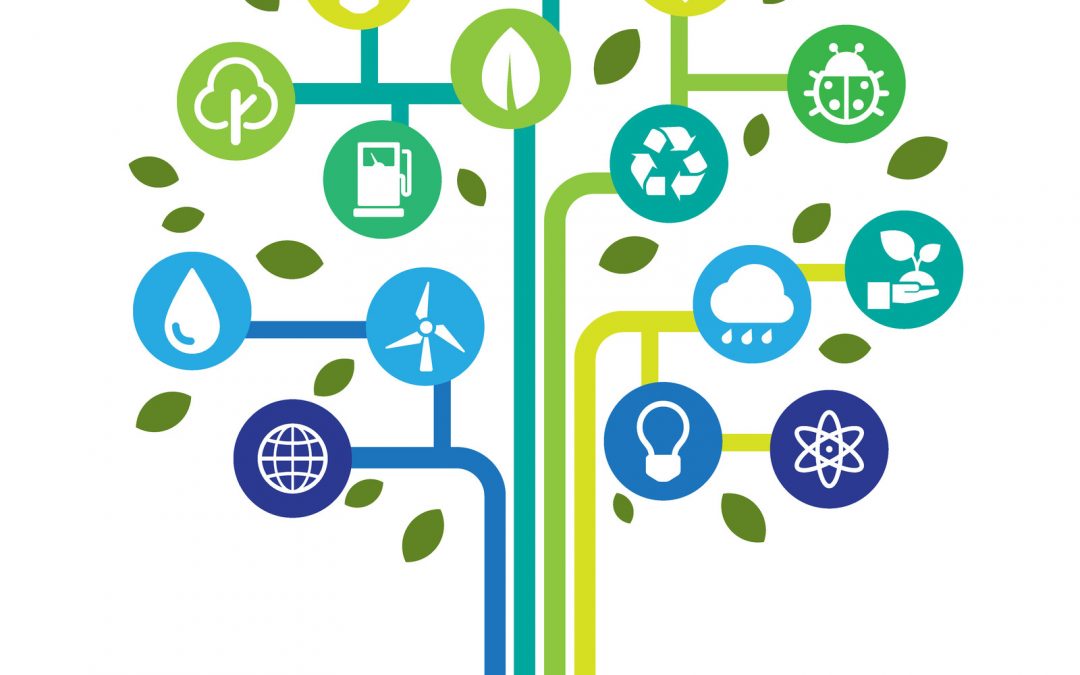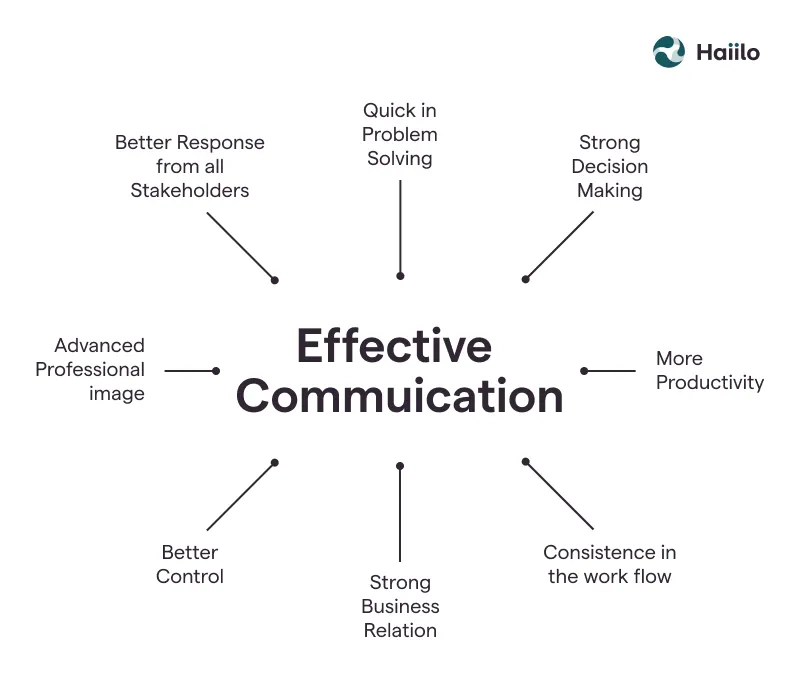Introduction
Energy management plays a crucial role in today’s world as we strive to reduce our carbon footprint and transition towards sustainable energy sources. It involves optimizing energy consumption, improving efficiency, and implementing renewable energy solutions. In this article, we will explore the importance of energy management and its benefits for both individuals and businesses.
Why Energy Management Matters
Effective energy management allows us to reduce our energy consumption, resulting in lower utility bills and a reduced environmental impact. By implementing energy-efficient practices and technologies, we can minimize wastage and maximize the utilization of available resources. This not only saves money but also helps in combating climate change and protecting the planet for future generations.
Benefits of Energy Management
1. Cost Savings: Energy management helps in identifying areas of energy wastage and implementing strategies to reduce consumption. By optimizing energy usage, businesses and individuals can significantly lower their energy bills and save money in the long run.
2. Environmental Impact: By reducing energy consumption and utilizing renewable energy sources, energy management helps in reducing greenhouse gas emissions, air pollution, and dependence on fossil fuels. This contributes to a cleaner environment and mitigates the impact of climate change.
3. Enhanced Efficiency: Energy management involves the use of energy-efficient technologies, such as LED lighting, smart thermostats, and energy-efficient appliances. These technologies not only reduce energy consumption but also improve overall efficiency and productivity.
Implementing Energy Management
1. Energy Audits: Conducting regular energy audits helps in identifying energy wastage and areas that need improvement. This involves analyzing energy consumption patterns, identifying energy-saving opportunities, and implementing energy-efficient solutions.
2. Renewable Energy Sources: Investing in renewable energy sources like solar panels and wind turbines can help in generating clean and sustainable energy. This reduces reliance on traditional energy sources and provides long-term cost savings.
3. Behavioral Changes: Encouraging energy-saving habits among individuals and employees can significantly contribute to energy management. This can include simple practices like turning off lights when not in use, using natural lighting, and utilizing energy-efficient appliances.
Conclusion
Energy management is a vital aspect of sustainable living and responsible business practices. By implementing energy-efficient technologies, utilizing renewable energy sources, and promoting energy-saving habits, we can achieve significant cost savings, reduce our environmental impact, and contribute towards a sustainable future.



